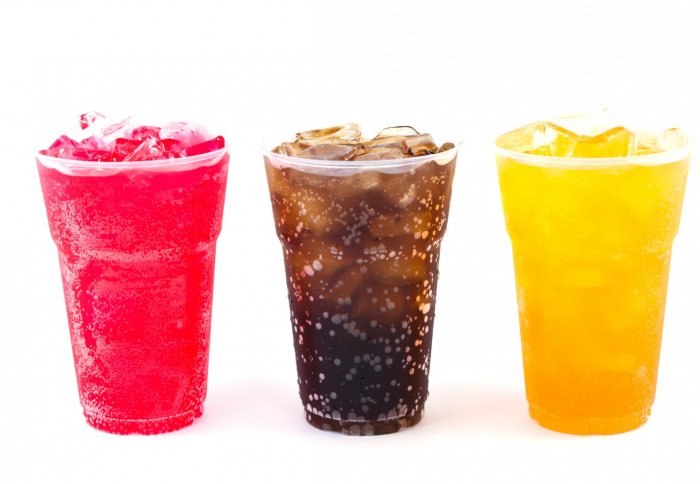Soft drink tax could result in weight loss in Australia, according to new report
by Maxine Myers

Researchers have found that a tax on sweetened soft drinks could be an effective way to reduce obesity.
Researchers from Imperial College Business School, Monash University, the University of York and Lancaster University have studied Australian consumers of soft drinks and found that adding a 20 per litre tax on sweetened beverages such as soft drinks, cordials and fruit drinks could lead to average individual weight losses of up to 3.7 kilograms per year for consumers who drink these products often. This is because more expensive products would reduce consumption, which could also lead to weight loss.
According to figures released by the Organisation for Economic Co-operation and Development (OECD), Australia climbed to fourth in their rankings of advanced nations with the largest proportion of obese citizens. They found that 28.3 per cent of the population are now obese, behind the US, Mexico and New Zealand. It is also in the top ten countries in the world per capita for consumption of soft drinks.
The authors compared the effects of a 20 per cent tax on the price of soft drinks with a 20 cents per litre volumetric tax on soft drinks, across low-, middle- and high income groups in Australia.
They found that a 20 per cent sales tax on the price of a soft drink would add around $A18 to the annual tax bill of households. The team say that the higher prices would be more than outweighed by the health benefits of people reducing their intake of soft drinks. For average consumers of these beverages, the reduction in bodyweight would be relatively modest at 0.3 kg, but for individuals who drink a lot of these drinks, the reduction could be up to 2.1 kg per year.
The effects would be even more striking if a 20 cents per litre volumetric tax were applied. They found that it could lead up to 3.64 kilograms in weight loss in people on low incomes who consume large amounts of sugary drinks. This is because people who are big consumers of sugary drinks usually buy multipacks. As a volumetric tax is based on the volume of drink sold, consumers would have to pay more, which could deter them from making larger purchases.
The researchers used household data collected by a marketing research company in Australia called Homescan. The data contained information about 1,390 households including information about their weekly shopping, income and other socio-demographic information such as gender and age. The researchers used this data to calculate the impact of higher taxes on soft drinks and linked it with pre-existing information about national weight statistics and facts on the calorie content of sugary soft drinks.
The findings are published in the journal Health Economics and funded by the Australian Research Council.
Maxine Myers caught up with Dr Katharina Hauck, co-author of the report, to find out more about the research. The pair will discuss the potential impact of their findings on UK health policy.
Article text (excluding photos or graphics) © Imperial College London.
Photos and graphics subject to third party copyright used with permission or © Imperial College London.
Reporter
Maxine Myers
Communications Division
